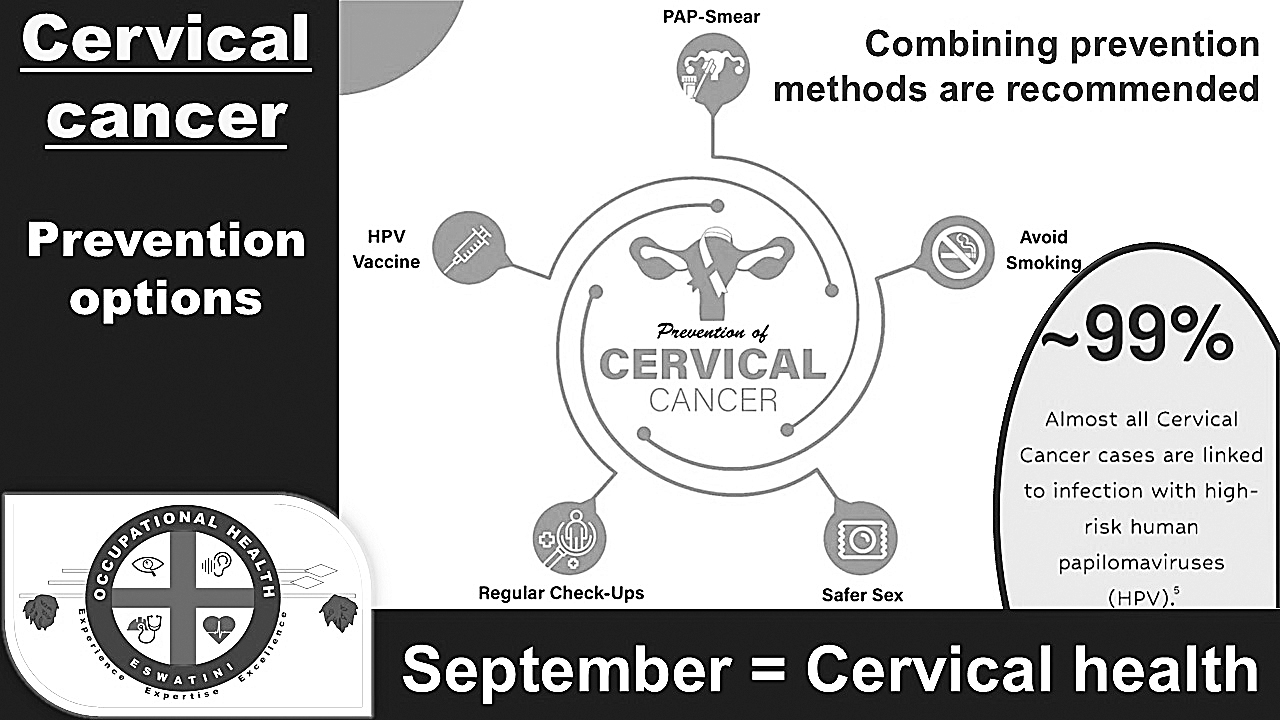
Cervical cancer is common among women. Luckily it grows slowly and can take up to 7 years to change from normal, to pre-malignant, then into cancer. By following the recommended cancer screening guide, it’s unlikely to be missed thus preventing cancer.
Before turning into cancer, the cervix cells undergo a lot of changes. The once normal cells in your cervix start to appear irregular or abnormal and may go away, stay the same or turn into cancer cells.
A tumour is a collection of cancer cells, each still containing some traces of the original cell line, thus making it tracible to its origin or Primary cancer lesion.
Tumours function autonomously and can spread in any of the following ways:
- Local (contained): Initially a tumour’s growth is contained within the organ/structure and often only present with fatigue, weight loss due to the tumour’s high nutrient consumption.
- Local (beyond borders): As the tumour starts expanding beyond its borders, it infiltrates and/or pushes surrounding structures aside, causing pain and discomfort and referred to as a local spreading tumour stage.
- Systemic via blood stream or lymphatic drainage: Tumour cells can spread to the rest of the body, causing new tumour growths or metastasis, like in the chest, liver and bones.
The original cell line is often still traceable within these metastases and thus used to confirm if it’s a primary or metastatic tumour.
Pap smear regularly
During a Pap smear a healthcare worker scrapes and brushes cells from your cervix.
These cells are then examined in a lab to check for cells that look different. Regular Pap smears can detect most cases of cervical cancer early and should be started by 21 years of age or younger if sexually active.
The goal of cervical cancer screening is to detect cell changes on your cervix before they become cancer. Pap smear involves microscopic analysis for precancers or any other irregularities.
Abnormal Pap smears refers to any abnormalities detected and can range from inflammatory to cancerous, requiring further testing or treatment. Note: Undergoing a Pap smear while you menstruate will most likely present with inflammatory cell changes, thus should be avoided.
Confirming the diagnosis, extent and stage
Follow up tests are done to confirm cervical cancer, especially when the findings are unclear or abnormal.
A colposcope is often performed for a clearer, magnified evaluation while taking a specimen. Further tests will determine whether the disease has spread (metastasized) and may include:
- Liver and kidney function studies
- Blood and urine tests
- X-rays of your bladder, rectum, bowels and lungs
- CT scans
- MRI
Cervical cancer ranges from Stage I (least severe) to Stage IV (most severe) and helps determine the best treatment plan for you. Treatment options depend on several factors, such as the stage, other health conditions and your preferences and can include surgery, radiation, chemotherapy or a combination of the three. Follow The Times of Eswatini (X) and dr.thys (Instagram) for more health hacks.
Send queries to ohesmngr@gmail.com.

